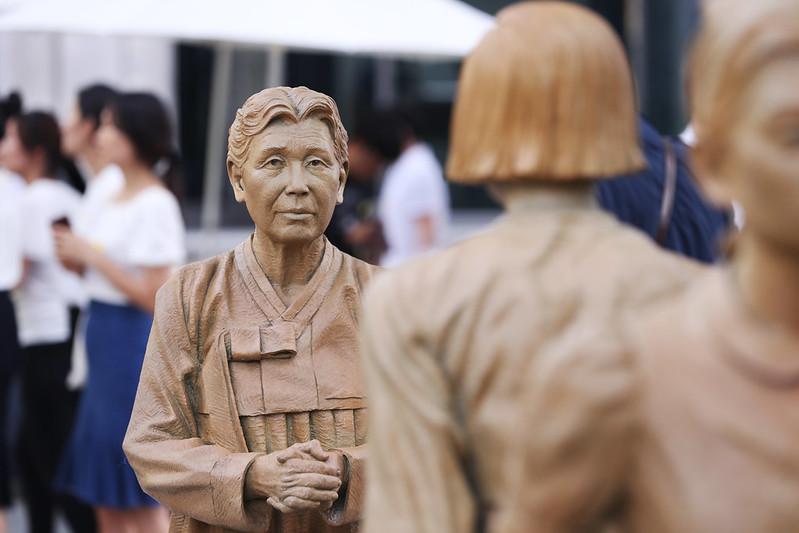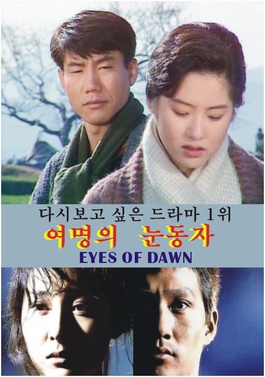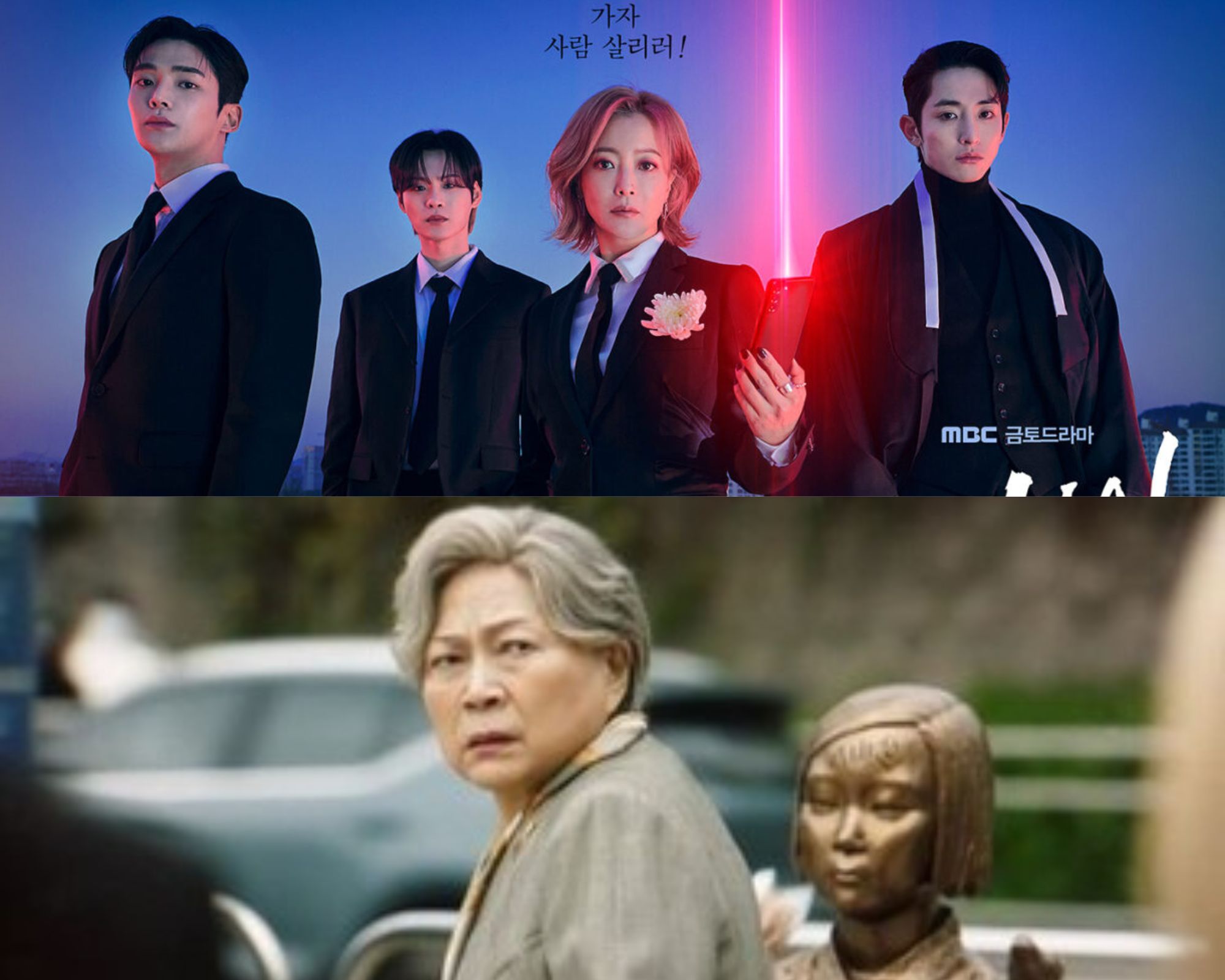Many crimes were committed during World War II. Some are widely remembered for the brutality with which they were perpetrated; others, however, survive only in the memories of those who still bear their scars. One of the most remembered and globally known crimes occurred during the Japanese occupation of much of Asia, between 1931 and 1945, when tens of thousands of women were kidnapped or lured with the false promise of employment, then sent to military brothels where they were forced to serve as sexual slaves for the imperial army, under a propaganda system of the time disguised as the euphemism ‘’comfort women.’’
The victims, for the most part, were Korean and other adolescents, who unfortunately never returned home. Those who managed to survive faced decades of silence, marked by stigma and social indifference. It wasn’t until the 1990s that some, already advanced in age, gathered the courage to tell their truth to the world, starting a movement of memory and justice that continues today and is commemorated every August 14th.
The story of the comfort women has been told primarily through reports, films, documentaries, and by the victims themselves. However, there are some Korean series that have portrayed this painful chapter of the Japanese occupation.

Eyes Of Dawm (1991)
This is one of the first series to depict Japanese war crimes and the tragic fate of young Korean women sent to military brothels, where they were held captive under the orders of the imperial army. The series not only portrays the physical and sexual violence suffered by the comfort women but also their internal struggle to maintain hope and dignity amidst a system designed to break and subdue them.

Bridal Mask (2012)
Based on the 1974 manhwa by Huh Young-Man, Gaksital is set in the 1930s, when Korea was under Japanese occupation. The story follows Lee Kang-to, a Korean police officer serving under the Japanese authorities, tasked with betraying his own people and suppressing the independence rebellion. However, he eventually abandons his role as a collaborator to become Gaksital, an enigmatic masked vigilante fighting for Korean freedom and independence. Although the main plot does not revolve around comfort women, episodes 20 and 21 directly address them, highlighting that resistance against the occupation also entailed restoring the dignity of women subjected to sexual slavery.

Snowy Road (2015)
This two-part miniseries, later rereleased in theaters, tells with profound sensitivity the story of two teenage girls born in the final years of the Japanese occupation. Their lives are completely different, but marked by tragic fates, and they are kidnapped by Japanese soldiers and trapped in a web of sexual slavery.
The two girls are immersed in the horrors of war, and while one clings to the desperate hope of returning home, the other resigns herself to the cruel reality and decides to make a dangerous decisión to end this horrific, endless nightmare.

Tomorrow (2022)
More recently, the series dedicated a moving episode titled ‘’Spring’’ (Episode 13) to comfort women, interweaving regret and remembrance. This episode unearths the stories of those women who experienced profound pain and suffering during their captivity. The plot revolves around Yoo Bok- Hui, a 91-year-old woman plagued by a deep sense of guilt upon discovering that the childhood friend, Yun-i, had been a comfort woman. Heartbreaking scenes of shared pain and the constant hope for survival are relived, as well as the act of sacrifice to save others.
Moments of farewell, reflection, reconciliation, and healing are also shown. This episode stands out for its sensitive portrayal of human resilience in the face of adversity and the importance of keeping historical memory alive and respecting it.

These productions, made in different formats and eras, share a crucial purpose: to use fiction to honor the memory of women victims of sexual slavery and raise awareness among new generations about an event that must never be repeated.
My wish and request for all those who still survive or have gone ahead along the way is that they forget the bad memories and find happiness. May they know that their story has become a symbol of struggle and that no one will judge them again for something they never wanted.
How about this article?
- Like6
- Support0
- Amazing1
- Sad0
- Curious0
- Insightful1


